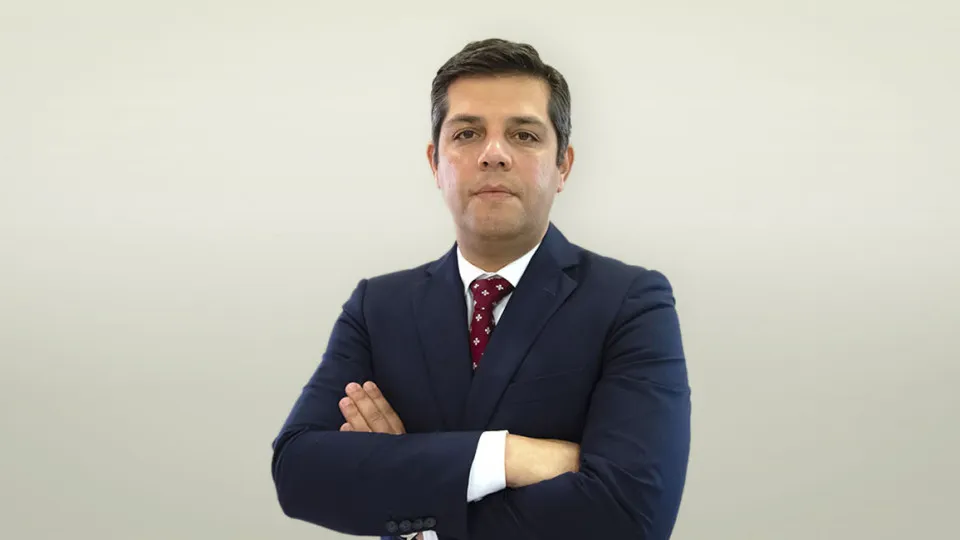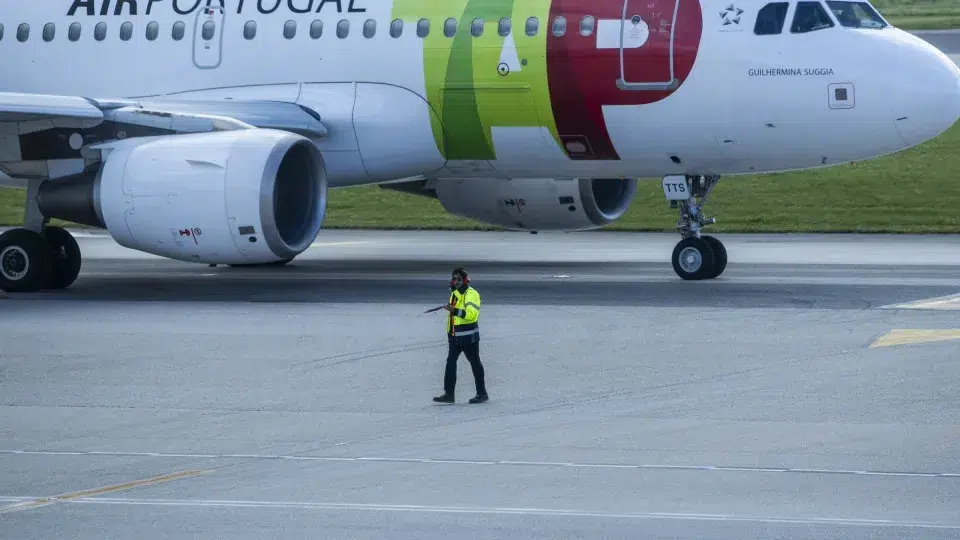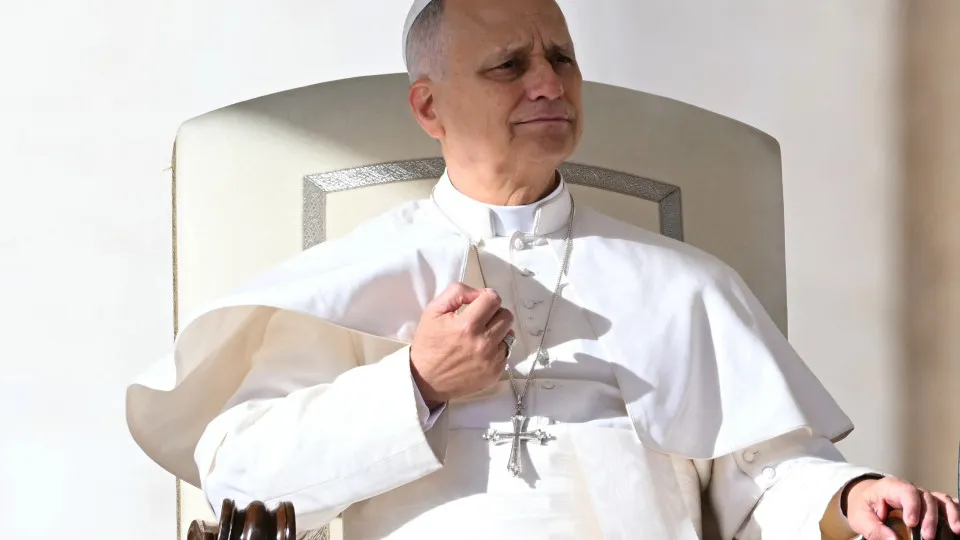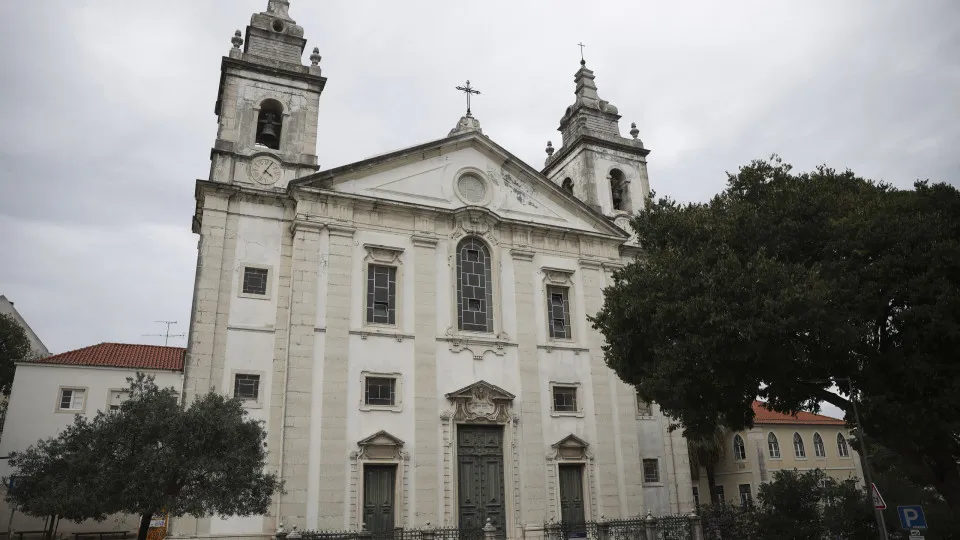
“At present, the [milk production] sector is experiencing a period of stability and some predictability, even amidst European and global turbulence with wars, rates, and inflation. This stability has provided some profitability for farmers,” said Agros President, Idalino Leão, in an interview.
Despite this stability, Portugal saw a slight increase in dairy product imports in 2024, statistics show, which the leader of the country’s largest dairy cooperative believes can be reversed.
“Portugal is self-sufficient in liquid milk but still deficient in dairy products. There are some subcategories, like fat and protein, that we do not yet produce, and to meet needs, we rely on imports. Not due to a lack of production capacity, but because some large international brands can offer lower prices in our market,” he explained.
Leão emphasized that the strategy should focus on improving the quality of national milk by enhancing the value of solid products.
“This is a path the sector is also taking, pedagogically explaining the importance of increasing solids production, as they will allow us, industrially, to reduce this deficit,” he noted.
He also highlighted technological modernization, recalling that digitalization, robotization, and even the use of artificial intelligence are fully integrated into farming operations.
“When I hear about artificial intelligence, it sounds new, but for us, it is in the past. Animal husbandry and precision agriculture are things we have been doing for many years. Today, the sector is entirely robotic,” he stressed.
On the European level, Leão expressed concern about possible cuts in Common Agricultural Policy (CAP) support that might occur in 2027.
“Our agriculture still needs investment. We cannot relinquish this important share through direct community fund support. We need to reduce our agri-food deficit, and in this climate of geopolitical uncertainty, food security is also a matter of sovereignty and defense,” he stated.
Leão also addressed the potential impacts of tariffs imposed by the United States on the sector nationally, although milk exports to the US market are minimal.
“I believe the issue will be more about animal feed, in importing soy or corn, where we have a deficit. If that happens, it will obviously lead to increased production costs for farmers, affecting the entire agri-food chain,” he shared.
Leão discussed these topics while presenting the 11th edition of AgroSemana — Northern Agricultural Fair, organized by Agros, taking place from September 4 to 7 at the Agros Space in Póvoa de Varzim, Porto district.
The event, which attracted about 80,000 visitors last year, aims to bring farmers and consumers closer through a diverse program combining technical knowledge, animal appreciation, and social interaction.
According to the organizers, there will be seminars and conferences with international experts dedicated to corn culture and animal production, as well as livestock competitions featuring some of the best specimens in the country.
The program also includes gastronomy, music shows, and a family aspect, with farm visits to showcase farmers’ lives and animal welfare practices.
“It’s about opening our doors again, showing who we are, without dogmas, without myths, proving to our consumers that we can make safe and healthy products,” summarized Idalino Leão.




